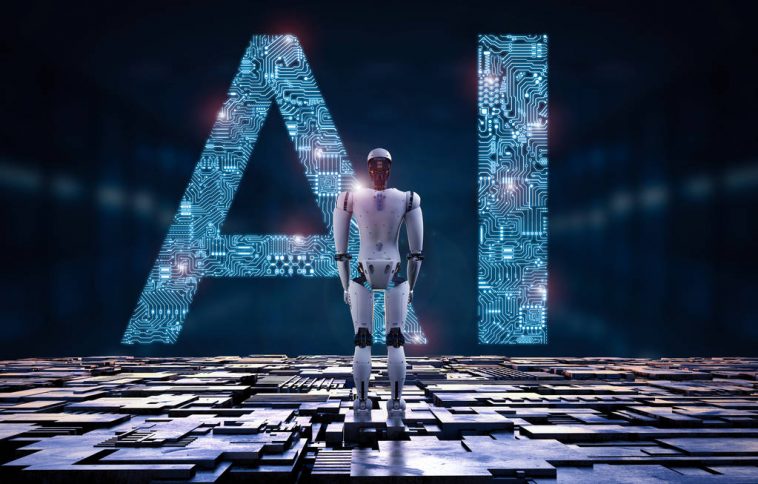Business leaders are dramatically increasing their investments in artificial intelligence (AI) to drive better decision-making.
According to the IBM Global AI Adoption Index 2022, AI adoption will continue to grow at a steady rate in 2022, with more than one-third (35%) of companies reporting the use of AI in their business, an increase of 4 percentage points from 2021 .
Unlike humans, AI can analyze, predict and solve business problems with unparalleled efficiency and accuracy. Thus, repetitive work becomes obsolete. This leads to a daunting concept – is AI replacing human intelligence? The answer is quite the opposite.
With the help of artificial intelligence, some human tasks have been automated, such as analyzing huge data sets, providing customer service, etc. So free up human resources to focus on more creative aspects like research, innovation and growth. That being said, AI alone cannot achieve absolute autonomy without the help of humans. The combination of effective AI systems and human intelligence will pave the way for future business success.
Success will be a combination of human intelligence and artificial intelligence
With the development of artificial intelligence, it has the potential to become a “black box” that is difficult to decipher. Therefore, data scientists have started to use frameworks to explain their models. Explainable AI allows human users to understand the intent, reasoning, and decision-making processes of machine learning algorithms, thereby increasing users’ trust in the model and its decisions. In addition, it promotes and ensures compliance with clear ethical guidelines on fundamental values such as individual rights, privacy, non-discrimination and non-manipulation.
Take fraud detection in a banking system as an example. Suppose a fraudulent system rejects credit card transactions from legitimate customers. A “black box” AI model will only provide a risk score, not an explanation. Explainable AI will help investigators understand why false positives occur and help further refine models.
Another vulnerability is AI’s lack of emotion and the ability to make human decisions. As AI-led technologies continue to develop and evolve in the future, it is critical to place humans at the heart of all progress. We may be ushering in an era when artificial intelligence can think for itself. But it will continue to rely on human involvement to make conscious decisions.
Take self-driving cars, which use radio frequencies to determine objects around the car. A number of factors could interfere with it, including radio waves from another self-driving car, leading to an accident. This shows that without human involvement, artificial intelligence is limited.
Therefore, building the right foundation today is critical. As society, government and industry, we need to develop the right ethics, regulations and safeguards around AI to ensure that 100 years from now, the future of AI is a future that benefits and not harms humanity.
Human intelligence augmented by AI can lead the way in a future where AI is more of a enabler than a disruptor. The focus should be more on developing “smart” systems, rather than human ones, to help businesses succeed.




GIPHY App Key not set. Please check settings